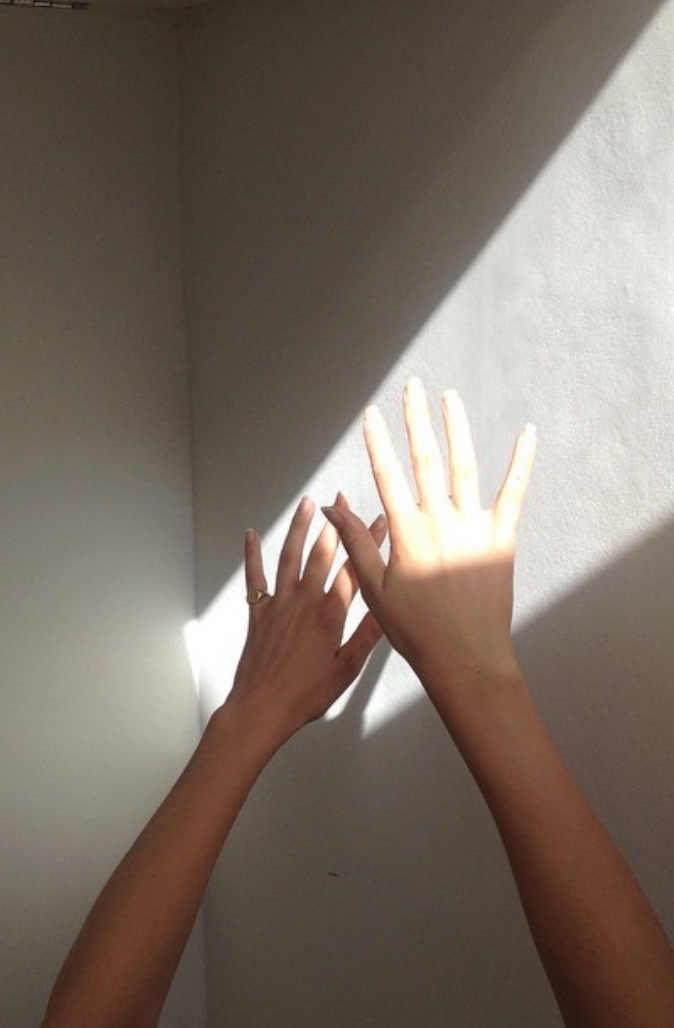
How I learned that vulnerability isn’t a weakness, it’s a strength
Community By Ibithal
Wed, May 20, 20
A student from our Wellbeing Ambassadors programme reflects on how vulnerability can connect us with others.

A student from our Wellbeing Ambassadors programme reflects on how vulnerability can connect us with others.
I used to assume that every action we took, every word we spoke and every time we felt an instant connection towards someone, there would always be a consequence. This sense of paranoia and lack of trust in anyone helped to build a mental link between “vulnerable” and “not capable of doing something substantial for people who were important to me.” I assumed that this was inevitable.
But last year, I spoke with a group of young people who talked about vulnerability being the pinpoint explanation for someone struggling with their mental health.
I thought about my environment at school, and how vulnerability is seen as a weak attribute there. This means it’s difficult for male students to express their own emotions because they don’t want others to see them as vulnerable.
Over time, I’ve learned how important it is to have a connection with other people. According to Brené Brown, connection brings meaning and purpose to our lives. People who live in shame and fear are ultimately afraid of being disconnected with people around them, which leads them to ask, ‘Am I worthy of connection?’
By avoiding showing others your imperfections or flaws, you can also avoid feelings of vulnerability. Maybe this is why men can feel forced to hide their shame – as a way to avoid vulnerability in certain circumstances. But to create a connection with another person, you need to open with each other, embrace your flaws, and be willing to share them.
In order to enhance our connection with others, we need to seek out and foster courage, compassion and confidence – the kind that inspires everyone. I feel that being vulnerable can be perceived as a negative concept, but it’s also very positive. Being vulnerable allows us to relate to one another, because we all have imperfections in different ways.
In our society, we often expect males to be powerful, strong and not ‘to cry’ in the most tragic times. But these are outdated societal norms.
We in the 21st century have so much freedom. Women are gaining more rights and security, the gender pay gap is getting smaller and the LGBTQ+IA community is becoming freer than ever. These progressions have come from actions people have taken to transform society for the better. So why is it that we still assume that men shouldn’t show emotion or vulnerability?
This issue affects everyone, not only men.
It’s time to understand that it’s okay to be vulnerable, because vulnerability connects us to everyone.
Find out more about our Wellbeing Ambassadors Programme here.